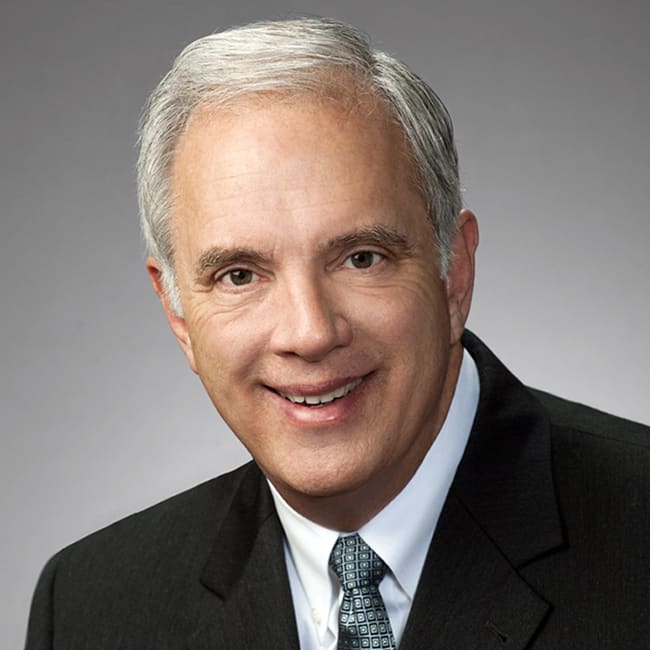Spiritual Formation as Journey, Part 2
A Journey Requires a Guide
A walk in the park doesn’t require a guide. However, a trek in the wilderness, especially when you are going to a destination you have never been, requires a guide. In the Southwest, cowboys refer to the guide as the “front rider.” Guides come in many forms. On the trails in Hawaii, we came upon a grungy fellow dressed in old army fatigues, a pith helmet, and duct-taped scuba shoes, eating berries he had just picked. While we had a map, a compass, and the trail was well marked, we discovered we needed important information that he possessed, because he had traveled these trails over 300 times. This strange-looking individual saved our lives. He informed us that a storm was moving in and we did not want to get caught attempting to ford the streams in this valley. Even with a small rain, the rivers swell and it is impossible to cross the swiftly moving waters. He encouraged us to quickly leave the valley. We also learned about the fruit that he was eating and the remarkable plants we had previously failed to notice.
We all need guides for our journey, whether we are hiking across the Appalachian Mountains or maneuvering through our Christian life. Peter Lord writes,
Both at the beginning of our walk as Christians and all along the way, we need other people to help keep us on course—to fellowship with us, minister to and love us, and ease our trip. At various times in life we will need one or more spiritual directors.
Professors in theological schools report the lack of spiritual depth of entering students. While most students come to seminary with evidence of a call and a zeal for ministry, they are not spiritually prepared for the task before them. Few practice the disciplines of the Christian life. While they may have grown up in Sunday School, few incoming seminarians have received the nurturing of a discipleship group and a mentor. Theological students, especially Generation Xers, are hungry for what Peter Lord calls a spiritual director—“a tour guide, a spiritual companion, soul friend, shepherd, discipler. What is important is not the title, but the function.” At Rockbridge students are required to enlist a mentor/spiritual guide to assist them each term. Faculty also serve as spiritual guides to provide tips and wisdoms about how to practice the spiritual disciplines.
What are the functions of a spiritual guide? Peter Lord identifies seven functions of those who choose to serve as a spiritual companion for this journey:
Developing Christ-Consciousness
Interpreting Life’s Events and Experiences
Hearing Confession/Granting God’s Forgiveness
Recognizing Danger
Encouraging
Instructing/Facilitating Change
Providing Friendship
We also discovered on our wilderness trek that each person at one time or another became a guide. At times our daughter led the group, at other times, our son. Unfortunately, there is a misconception in western evangelicalism that the pastor or a theologically-trained staff member are the only ones capable of interpreting the spiritual significance of life’s events.
What is needed in the 21st century is a new reformation that enables and empowers laity to minister alongside the clergy. Perhaps we can embrace a more Hebrew/Eastern concept that discipleship is a tribal or communal experience in which there are many mentors. I may learn to pray from an elderly woman in the church and learn to love God with all of my heart from a young adult who just a short time ago was on cocaine.




